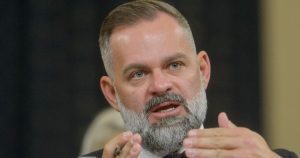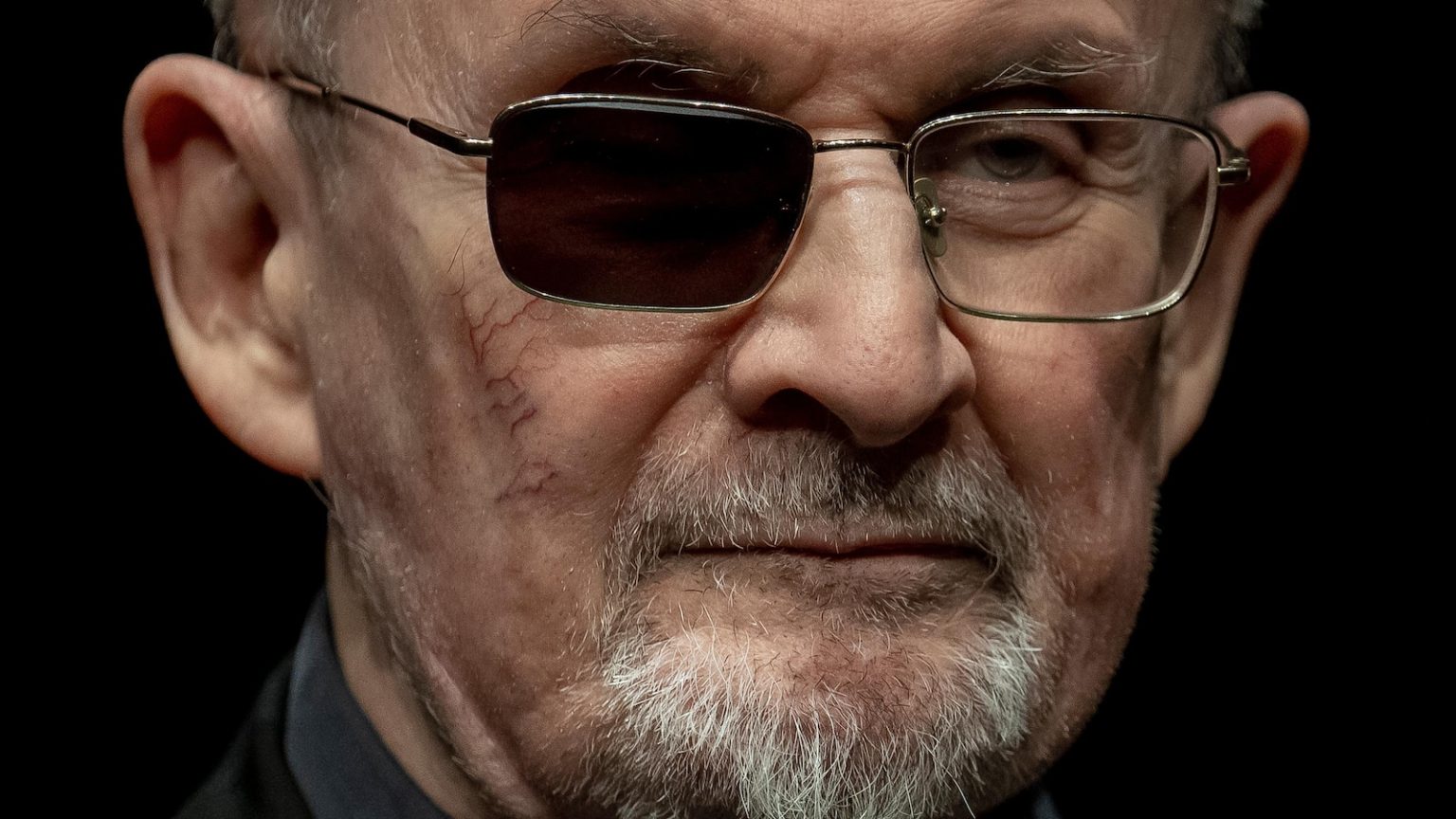The Attack on Salman Rushdie: A Tragic Event and Its Aftermath
Introduction: The Day of the Attack
On August 12, 2022, the world watched in horror as renowned author Salman Rushdie was brutally attacked while preparing to deliver a lecture in Mayville, New York. The incident occurred at the Chautauqua Institution, a venue known for its intellectual and cultural events. As Rushdie raised his hand in self-defense, a man named Hadi Matar lunged at him, stabbing him multiple times. The attack left Rushdie blind in his right eye and his hand permanently damaged. This violent act sent shockwaves through the literary world and beyond, reigniting discussions about freedom of expression, religious extremism, and the long-standing fatwa against Rushdie.
The Trial of Hadi Matar: Seeking Justice
The trial of Hadi Matar, the 27-year-old New Jersey resident charged with the attempted murder and assault of Salman Rushdie, began with jury selection in Mayville, New York. Matar, who has pleaded not guilty, faces severe charges that could lead to a lengthy prison sentence if convicted. The prosecution, led by Chautauqua County District Attorney Jason Schmidt, has emphasized that the attack was well-documented, with video footage and eyewitness accounts providing substantial evidence. Approximately 15 witnesses are expected to testify, including individuals who were present at the scene and those who subdued Matar after the attack.
The Legal Framework: Evidence and Challenges
Given the public nature of the attack, the prosecution believes the evidence is straightforward and compelling. District Attorney Jason Schmidt has stated that the case is primarily about the stabbing itself, rather than delving into the motives behind it. However, the defense, led by attorney Nathaniel Barone, has faced challenges in preparing for the trial. Barone has not disclosed his specific defense strategy but has stressed the importance of ensuring a fair trial, emphasizing that Matar is entitled to due process. The defense has also highlighted concerns about potential bias among jurors, given the high-profile nature of the case and the strong emotions it evokes.
Jury Selection: A Delicate Process
Jury selection has proven to be a complex task, as nearly all potential jurors were already familiar with the case, either through news reports or personal connections. Judge David Foley has asked potential jurors whether they could remain impartial, particularly given Matar’s Muslim heritage and the wider context of the fatwa against Rushdie. While all jurors indicated they could be fair, the challenge lies in finding individuals who have not already formed strong opinions about the case. The defense had previously attempted to move the trial out of Chautauqua County, citing concerns about prejudice in the predominantly white, rural community, but this request was denied.
The Broader Context: The Fatwa and Its Legacy
The attack on Salman Rushdie cannot be separated from the larger historical context of the fatwa issued against him in 1989 by Ayatollah Ruhollah Khomeini, the late leader of Iran. The fatwa, which called for Rushdie’s death, was a response to his novel The Satanic Verses, which some Muslims deemed blasphemous. For years, Rushdie lived in hiding under British protection, though he eventually returned to public life. The federal indictment against Matar alleges that he was motivated by this fatwa and believed it was endorsed by the Lebanon-based militant group Hezbollah. However, in the state trial, the prosecution has chosen not to focus on Matar’s motives, arguing that the act of violence itself is sufficient for a conviction.
Conclusion: The Road to Recovery and Justice
As the trial proceeds, Salman Rushdie’s journey toward recovery continues. His memoir, which details the attack and its aftermath, serves as a testament to his resilience and determination. Meanwhile, Hadi Matar remains in custody without bail, facing serious charges that could alter the course of his life. The trial not only seeks justice for the harm inflicted on Rushdie but also raises important questions about freedom of expression, religious extremism, and the legacy of the fatwa. As the legal process unfolds, the world watches to see how this tragedy will be addressed and what lessons can be learned from it.















